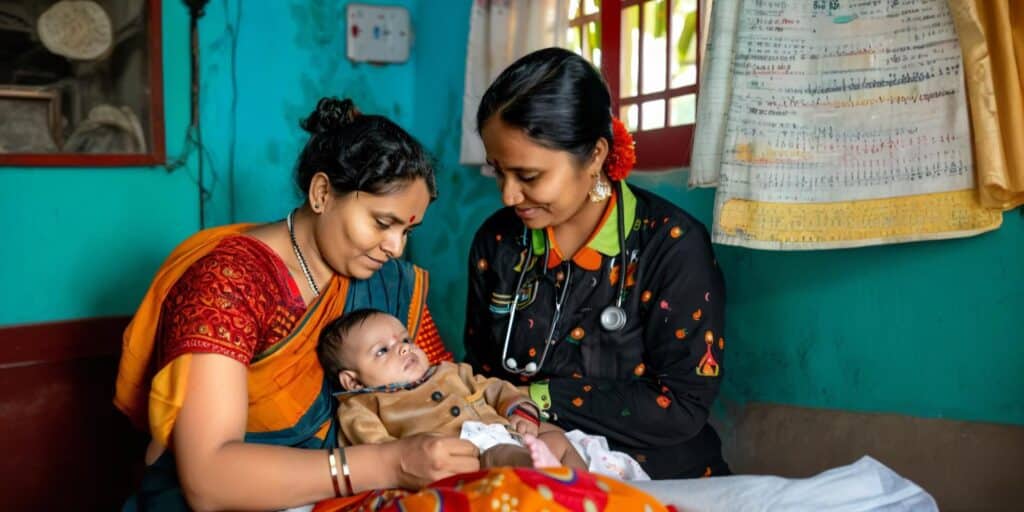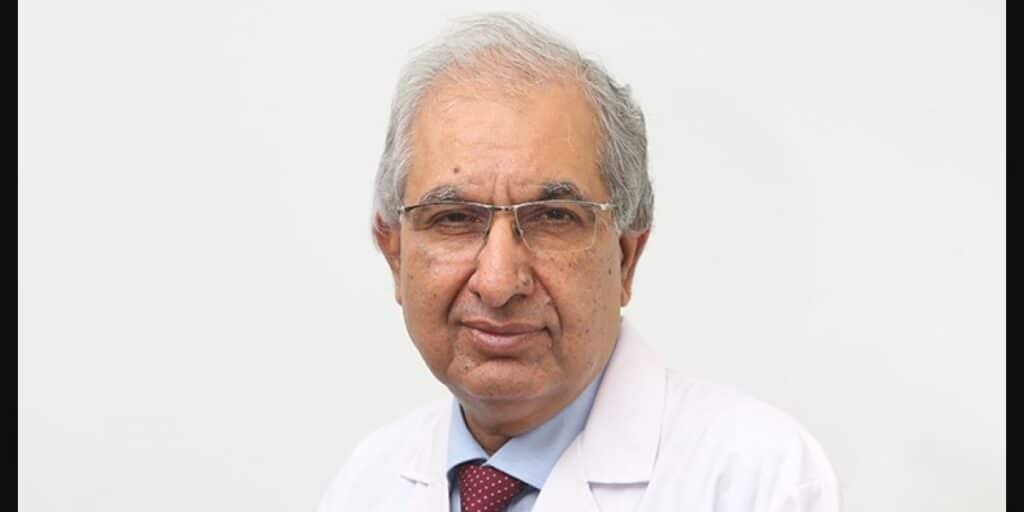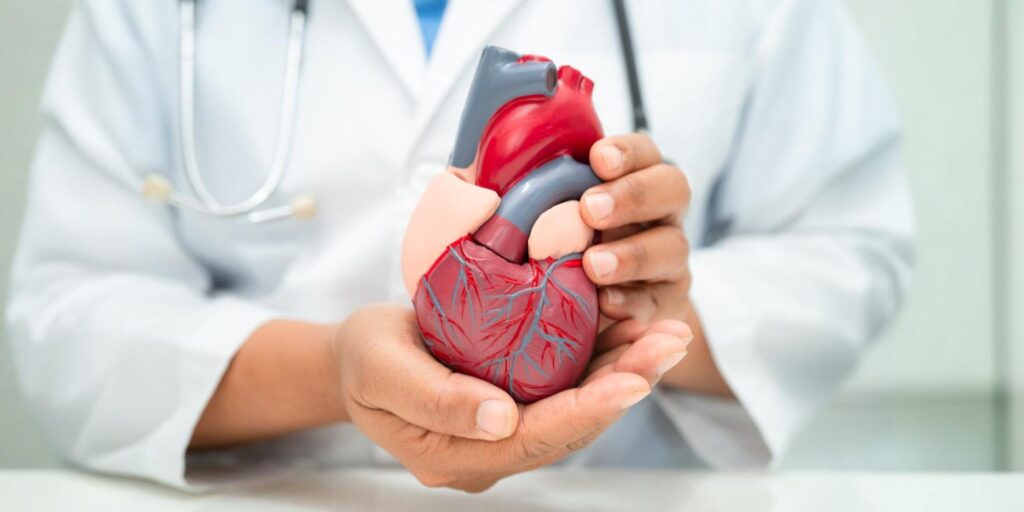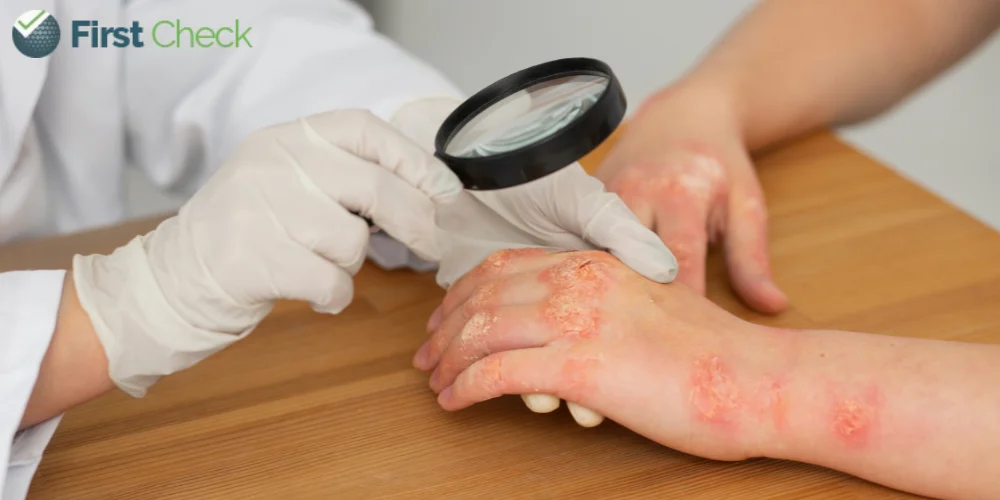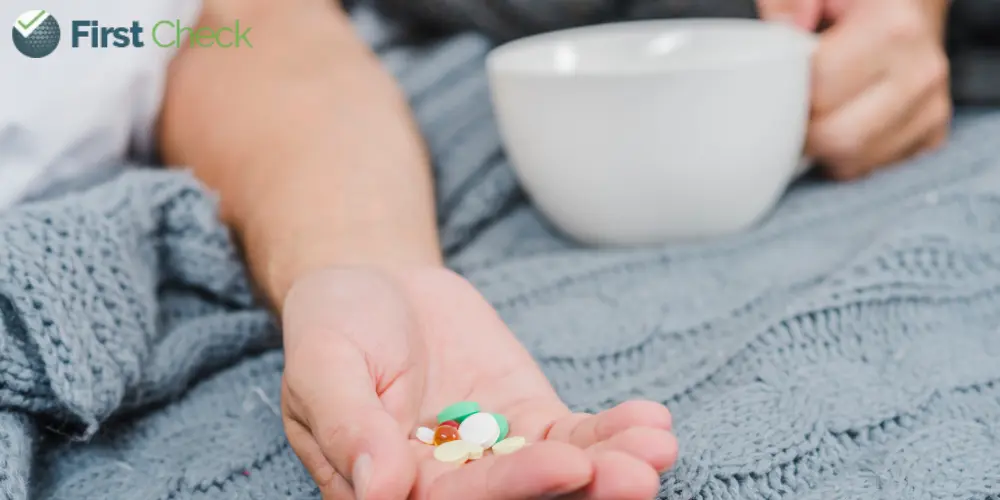Latest
India global leader in cardiovascular deaths linked to plastics, study in The Lancet finds
The study said that India recorded the highest number of cardiovascular deaths attributable to phthalate exposure, surpassing both developed and developing nations.
Author
Author
- admin / 2 days

- 0
- 4 min read
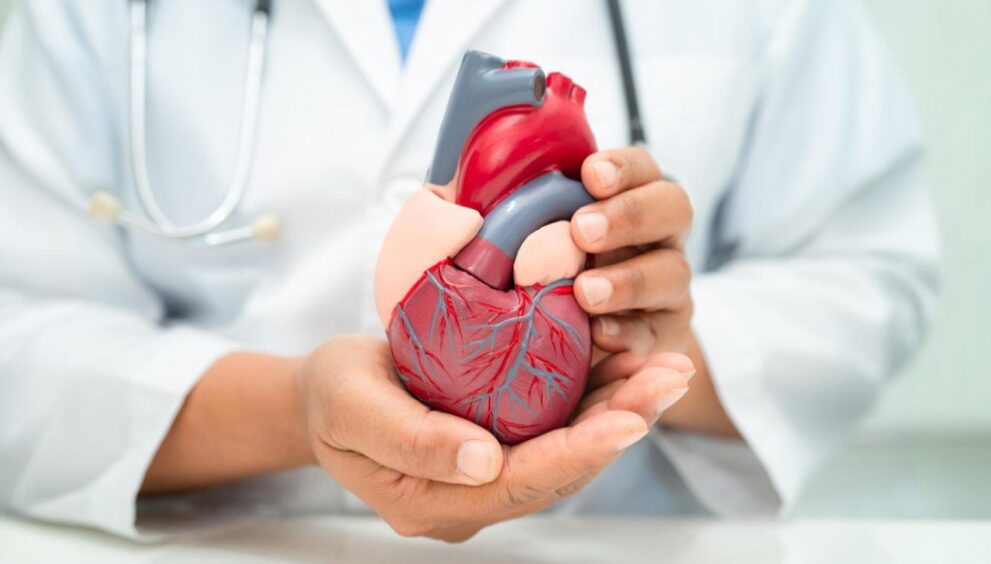
According to a new study in The Lancet eBioMedicine, India saw over 1 lakh of cardiovascular deaths attributable to plastic polymers and their chemical additives, the highest in the world. This once again highlights how everyday items such as plastic containers, toys, cosmetics, and even food packaging may be silently endangering millions of lives in India.
The study analysed data from over 200 countries and found that India has the highest rate of cardiovascular deaths associated with exposure to phthalate – chemicals commonly used to make plastics flexible. The research highlighted that these chemicals, which are present in a wide range of consumer products, can leach into food and water, and accumulate in the human body over time.
“Studies of human specimens have also detected micro- and nano plastics (MNP), which possibly act as physical irritants to the body, similar to the physical effects of particulate matter in air, and enhance delivery of phthalates and other toxic chemicals, just as nanoparticles are widely used for targeted delivery of pharmaceuticals to cells for direct benefit. MNPs can also accumulate phthalates and other chemicals not routinely used in their manufacture,” according to the study.
Phthalates are commonly used as plasticizers in products such as bottles, toys, vinyl flooring, detergents, and personal care items, to make the products more durable, but now the detrimental effects of phthalates are becoming known. Scientists have suspected a link between phthalate exposure and health problems for a while now, but this new study provides the most comprehensive and substantial evidence of connecting these chemicals to fatal heart conditions.
The research team measured urinary concentrations of phthalate metabolites in participants and compared them with national mortality data. They found a strong correlation between higher phthalate levels and increased risk of cardiovascular death, particularly in low- and middle-income countries.
“In 2018, an estimated 356,238 deaths globally were attributed to DEHP (a kind of phthalates) exposure, representing 13.497% of all cardiovascular deaths among individuals aged 55–64. Of these, 349,113 were attributed to the use of plastics,” it said, while adding that “Our findings reveal that plastic-related chemicals significantly contribute to cardiovascular mortality in the 55–64 age group, highlighting an under-recognized but critical environmental health issue.”
Cardiovascular deaths attributed to phthalate exposure
The study said that India recorded the highest number of cardiovascular deaths attributable to phthalate exposure, surpassing both developed and developing nations. The authors have suggested that this is due to a combination of factors, including widespread use of plastics, inadequate regulation, and limited public awareness about the dangers of chemical exposure.
“India, with a population of approximately 103,846,506 people aged 55–64 (approximately 66% the size of China’s) experienced 103,587 deaths, approximately 70% more than China. For example, India has a rapidly expanding plastics industry, and faces substantial phthalate exposure risks due to plastic waste and the extensive use of commonly DEHP-inclusive plastics, such as PVC in manufacturing of consumer goods.. A recent 2024 study found that India emitted the highest volume of plastic emissions, totalling 9.3 million metric tons per year,” it said.
Further on the study does mention the regulations implemented but also pointed out that they have been very recent.
The study also put an economic cost to the impact of cardiovascular diseases on the country’s health system, anywhere between 10.2 billion to 2.6 trillion US dollars. It called for “immediate regulatory action to mitigate these risks.”
“Reducing phthalate exposure through regulatory interventions could lead to a significant decrease in global cardiovascular mortality, particularly in regions facing the greatest burden of cardiovascular disease from DEHP. Future research and monitoring of environmental exposures to phthalates is needed across most of the world,” it said.
Do you have a health-related claim that you would like us to fact-check? Send it to us, and we will fact-check it for you! You can send it on WhatsApp at +91-9311223141, mail us at hello@firstcheck.in, or click here to submit it online.

